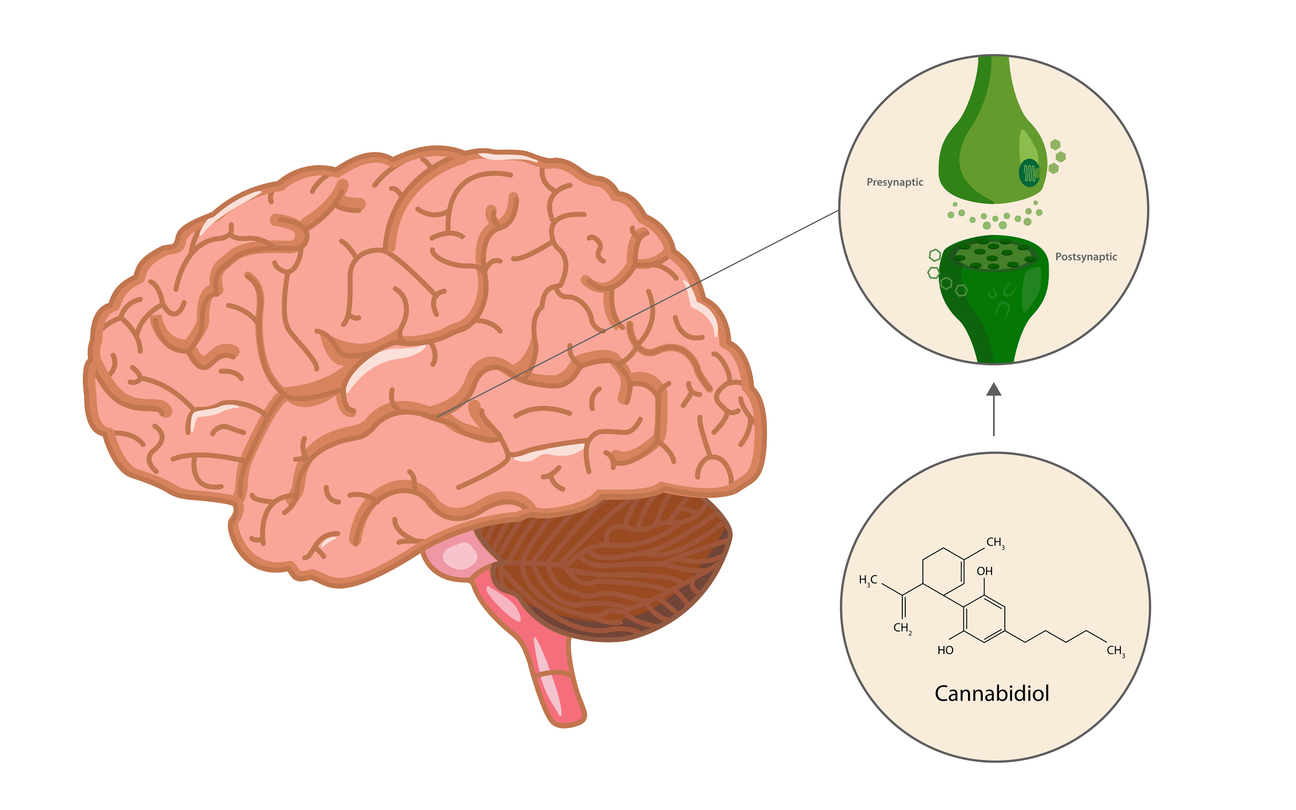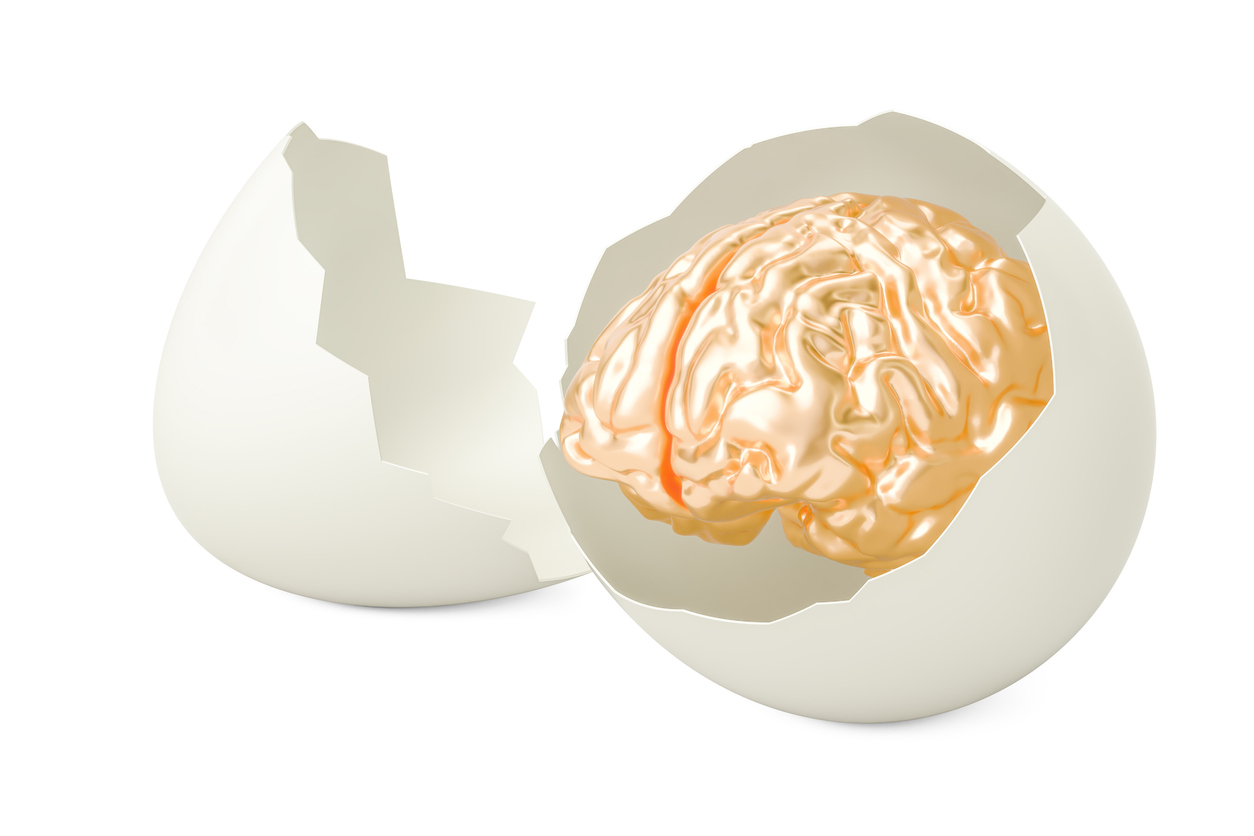



















Give the gift of healthy chocolate!
If you have a sweet tooth like me, the holiday season can be full of temptation.
Thankfully, FlavaNaturals’ line of products ensures chocolate lovers like me can obtain the full health benefits of cocoa flavanols along with great taste—all with less fat and sugar!
Cocoa is one of the most thoroughly-investigated functional foods on the planet. That’s why I take plentiful, flavanol-rich cocoa supplementation daily and have long recommended it to my patients and audience. But just taking any store-bought dark chocolate won’t deliver its benefits; FlavaNaturals cocoa products contain 5-9 times the beneficial flavanols of typical dark chocolate. I throw some powder in with my decaf or a smoothie, and even use it to make chia chocolate pudding!
Right now, FlavaNaturals is offering special holiday savings for my audience: Save 20% through December 19th with code HOFFMAN20
Dr. Hoffman only recommends products he believes are of good quality and beneficial for his audience. Please be advised that some of our articles may contain links to our trusted sponsors. As an Amazon Associate, I earn commissions from qualifying purchases.
Want to know more? We’d love to hear from you.
All information on this website is intended for entertainment and educational purposes only. It is not a replacement or substitute for professional medical advice and/or treatment. Consult with your own doctor for information and advice on your specific medical condition or questions.
By using this website, you agree to its Terms of Use.
To comment about Intelligent Medicine, please email us at:
questions@drhoffman.net
To advertise with us, please visit:
IntelligentMedicineMarketing.com
*The statements made herein have not been evaluated by the Food and Drug Administration. Products are not intended to diagnose, treat, cure, or prevent disease.

Our virtual voicemail is open 24/7, so there's no need to wait to submit your questions for Dr. Hoffman. Leave a message, and you may hear your question featured on the Intelligent Medicine radio program!